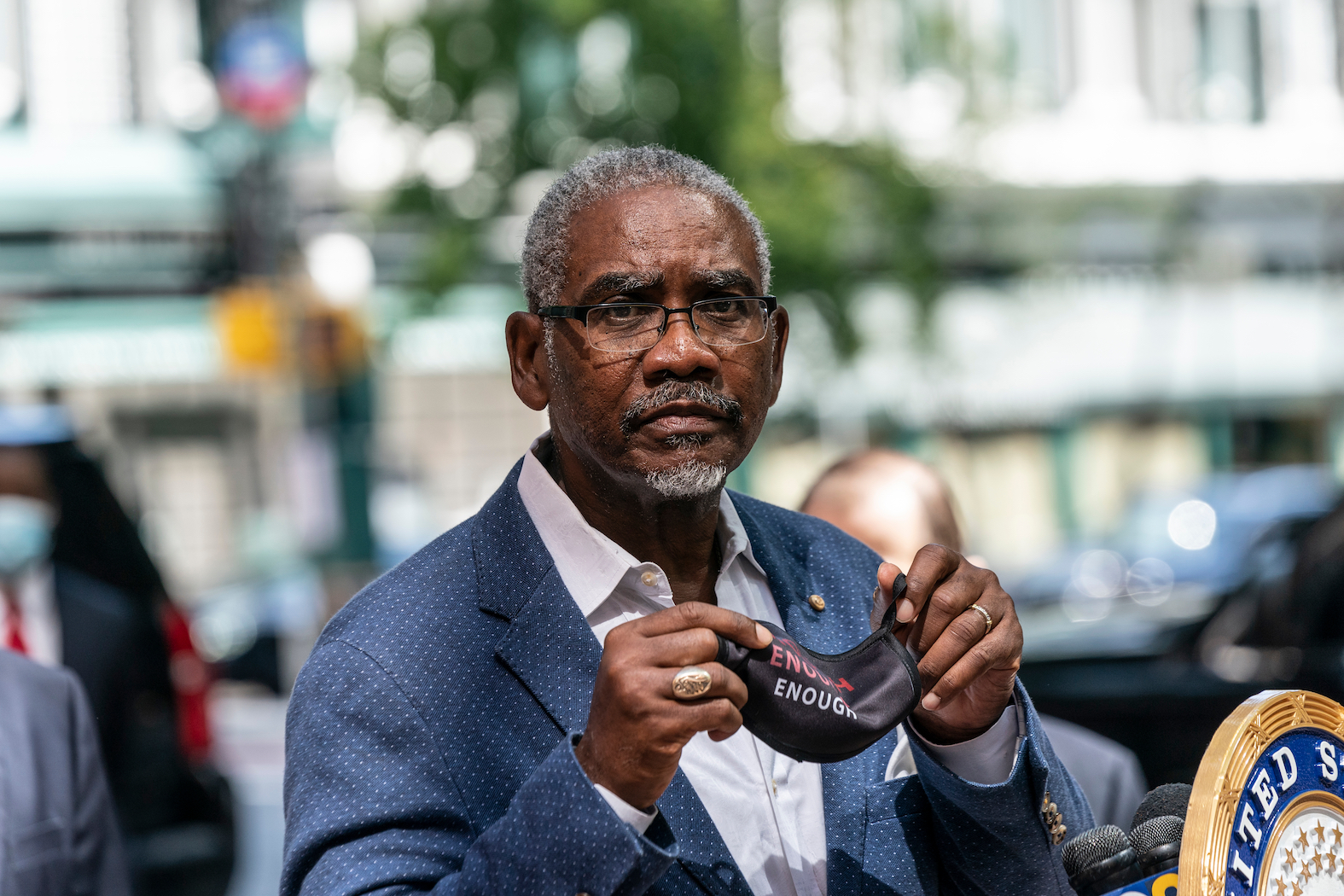
(Argus, 4.May.2021) — Venezuela’s government has incorporated the political opposition into its electoral board, another olive branch that puts pressure on the US administration to ease sanctions. But President Joe Biden’s administration has signaled that it is in no hurry to change course on Venezuela.
In a closely monitored session today, the National Electoral Council (CNE) named a new five-member board, including two established opposition figures, Enrique Marquez and Roberto Picon. The move fulfills one of the longtime demands of President Nicolas Maduro’s foes who are seeking free and fair elections.
This concession to the opposition follows the 30 April release to house arrest of six executives of Venezuelan state-owned PdV‘s US refining subsidiary Citgo. While the executives have been moved out of prison before only to be sent back behind bars since their 2017 arrests, their home confinement is believed to have been directly initiated by Maduro, in anticipation of a possible pardon and permanent release.
On 19 April, the Maduro government gave a green light for the UN World Food Program (WFP) to start distributing school meals. And in another conciliatory move last month, the government paid to enter the World Health Organization-led Covax mechanism to access Covid-19 vaccines.
The moves appear designed to prompt some response from Washington. Biden inherited an extensive suite of sanctions from his hawkish predecessor, Donald Trump. During Trump’s tenure, the US imposed financial sanctions on Venezuela in August 2017 and oil sanctions in January 2019, ratcheting them up last year to try to keep Venezuelan oil out of the market.
At a virtual event today co-hosted by the State Department and the Council of the Americas, US House Foreign Affairs Committee chairman Greg Meeks (D-New York) urged Biden’s administration to take advantage of a “window of opportunity” to engage with the Maduro government by easing sanctions. Spanish firm Repsol government and regulatory affairs director Walter Hufford, also speaking at the event, asked Meeks how the US administration could mitigate the humanitarian impacts of its sanctions on the Venezuelan people, specifically citing crude-for-diesel swaps that Trump’s White House cut off at the end of 2020.
The diesel swaps enabled non-US companies to lift Venezuelan crude in exchange for diesel on humanitarian grounds. India’s Reliance was the top actor in this space, with EU firms Repsol and Eni also loading crude to cover historical debts, with diesel sent back to balance their books.
Although PdV produces some diesel in its diminished refining system, the quality is poor and supply sporadic, affecting public transport, agricultural activity and power generation.
The US administration should consider “rolling back some of the Trump era mandates that do not seem to be working,” Meeks said. Meeks, a rare US politician who has had contacts in the past with Maduro and his predecessor Hugo Chavez, also pointed out that engaging with Caracas would require the politically difficult task of “trying to bring the opposition together.”
Trump’s administration pulled its embassy out of Venezuela and withdrew recognition of Maduro in favor of opposition leader Juan Guaido, who nonetheless failed to transform a nominal interim government with widespread western recognition into a concrete administration on the ground. Guaido’s standing as head of the National Assembly effectively evaporated following December elections. But Biden’s administration still recognizes Guaido as Venezuela’s interim leader.
US sentiment toward Venezuela will be tested early next month, when sanctions waivers for Chevron and US oil services companies Halliburton, Schlumberger, Baker Hughes and Weatherford are up for renewal. The waivers were tightened in April 2020 to limit their activities to preserving their assets, preventing Chevron from drilling, lifting, purchasing or processing Venezuela-origin oil. The US would have the chance to soften its approach by renewing the waivers on their original 2019 terms, giving the companies more leeway to act. Chevron in particular would be allowed to lift its share of syncrude from its PetroPiar joint venture with PdV.
Reluctant to act
So far, there is little sign that the momentum on Venezuela’s side will prompt the White House to respond with conciliatory moves of its own, partly because the Venezuelan opposition it supports remains largely reluctant to make concessions.
The US administration will continue its sanctions policy toward Venezuela “until the country can peacefully return to democracy,” secretary of state Tony Blinken said at the Council of the Americas event today. Blinken criticized “the brutal Maduro regime” for its human rights practices and blamed “its abuse, corruption, and mismanagement” for Venezuela’s humanitarian crisis.
“There is no indication that the US is willing to take Venezuela off the back burner,” said Geoff Ramsey, Venezuela director at the Washington Office on Latin America. “This is a do or die moment. If the US is not going to act now, what else is it waiting for?”
____________________
By Patricia Garip and Haik Gugarats

